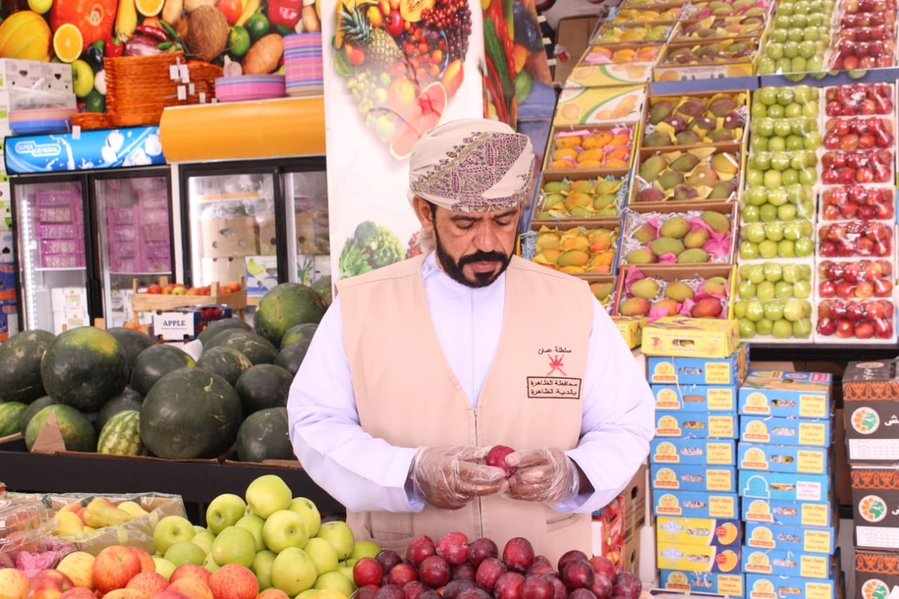Brexit bureaucracy leaves British beet rotting
- Date: 20-Apr-2022
- Source: Kuwait Times
- Sector:Agriculture
- Country:Middle East
Brexit bureaucracy leaves British beet rotting
LONDON: In the heart of the English countryside, Will Woodhall is trying to stay positive, despite standing next to a vast pile of rotting beetroot that would once have been worth tens of thousands of pounds. “It’s a real shame-a lot of effort has gone into this,” the 35-year-old farm manager told AFP, gesturing to the 15-foot (4.5-metre) high mound of surplus vegetables that has been steadily decomposing on his farm since last October.
“I’ve never… had any crop leftover to this volume. Obviously it’s a large dent to our business. Hopefully we can stomach it, and I’m trying to turn (it) into a positive.” Woodhall’s beetroot is the latest victim of the UK’s new post-Brexit reality, in which the bureaucracy and complexity of exporting many British goods into the European Union has left them increasingly unwanted. Woodhall Growers, a 1,900-acre (770-hectare) farm in Staffordshire, central England, has been growing organic beets for nearly a decade, typically sending just under half to EU countries.
Initially, the UK’s formal departure from the now 27-member bloc in early 2020 seemed to have little impact. But a year later, following an 11-month transition period, it left the European single market and customs union and traders of






















